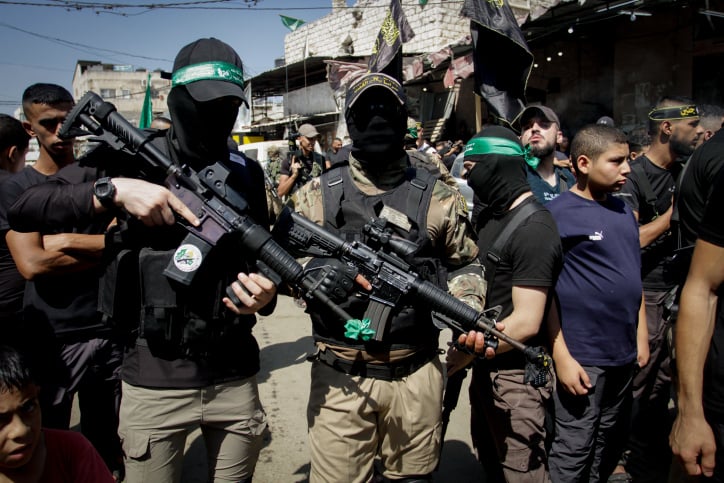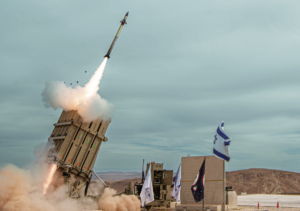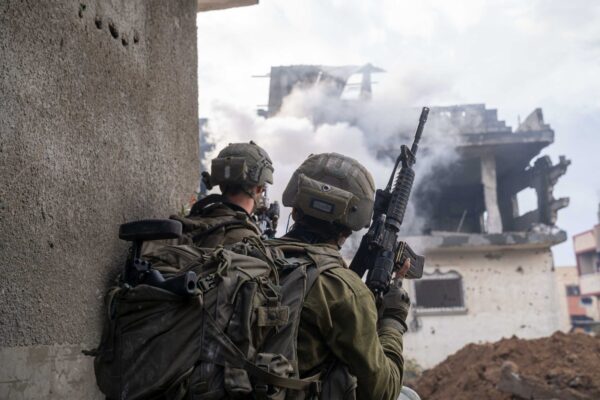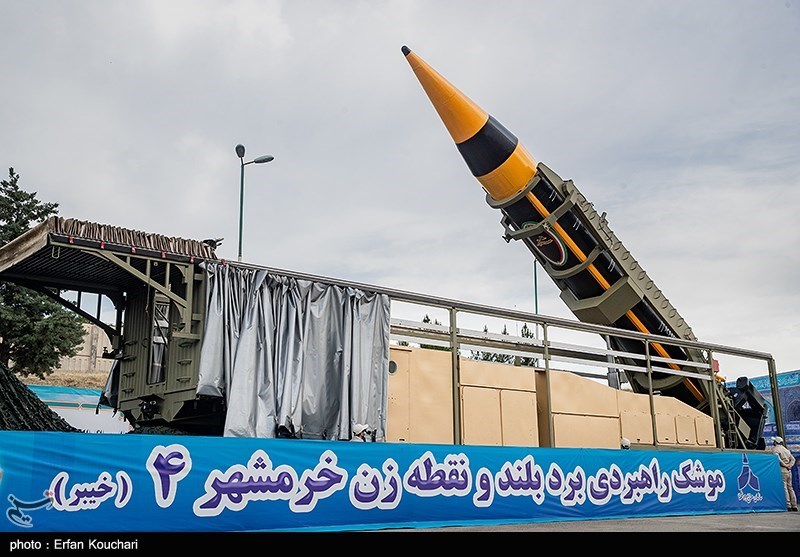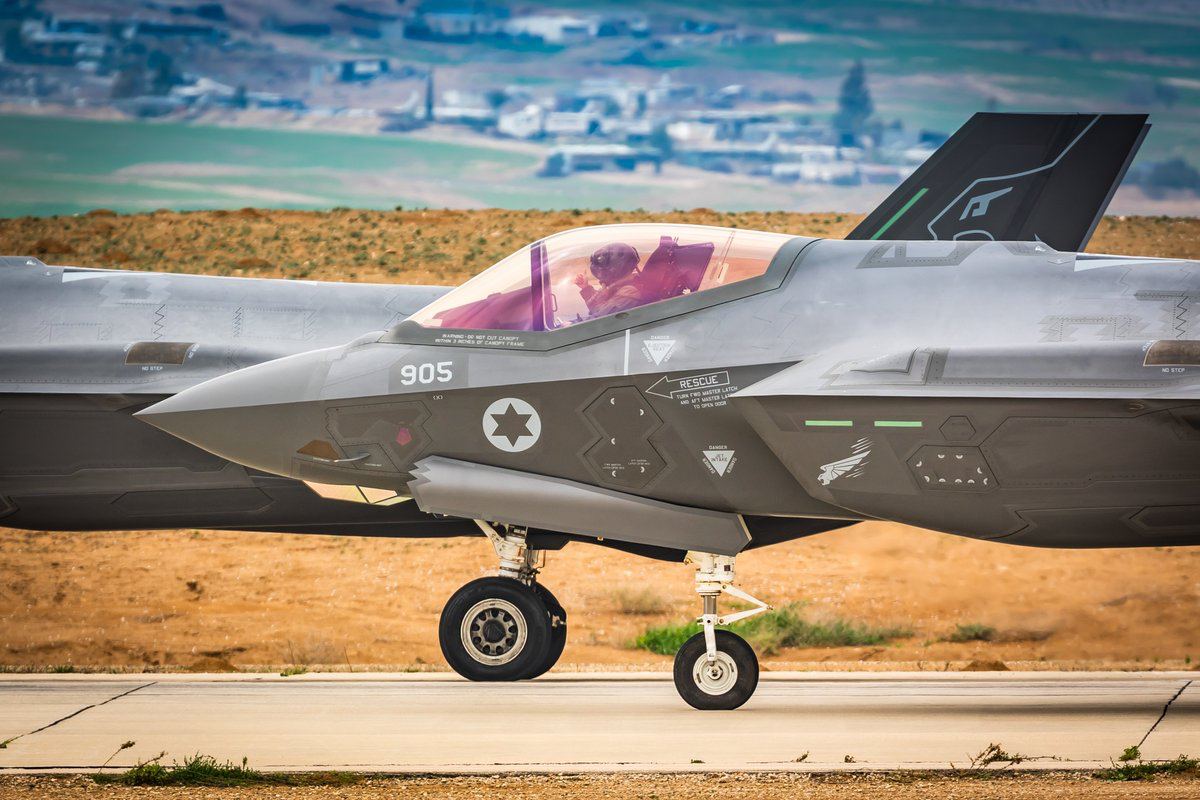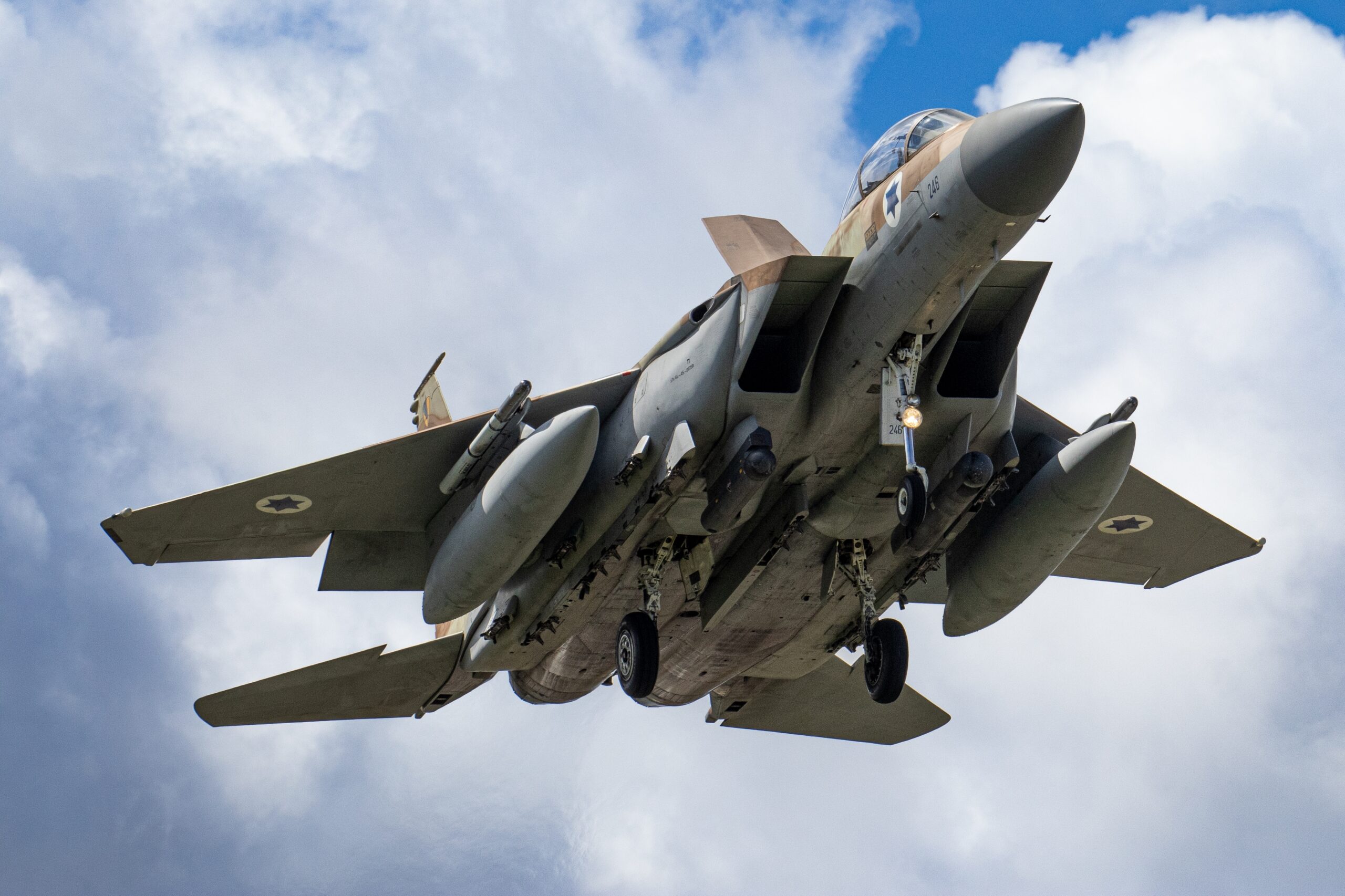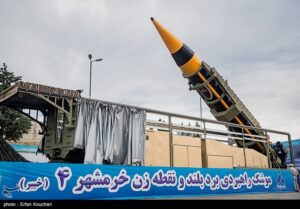Traditionally Israel has refused to rely on foreign nations to ensure its security.
By Hezy Laing
Following the euphoria of the hostage release, some are beginning to take a closer look at the 20 point ceasefire plan negotiated between Israel and Hamas – especially the part about Hamas disarmament.
The exact wording of the October 2025 ceasefire agreement regarding Hamas’s disarmament has not been fully released to the public.
However, multiple sources confirm that the agreement includes a clause stating:
“Hamas shall begin the process of disarmament in coordination with international partners, with the goal of full demilitarization of Gaza.”
The agreement reportedly calls for the complete demilitarization of Gaza, the dismantling of weapons factories, and the cessation of smuggling operations across the Strip’s borders.
But it fails to detail who bears responsibility for all this.
While the agreement outlines the goal of demilitarizing the Hamas terror army, it does not specify which party is tasked with enforcing disarmament or how this is to be carried out.
Hamas is believed to possess an arsenal of over 30,000 rockets and mortars, ranging from short-range Qassam rockets to Iranian-supplied Fajr-5 and M-302 missiles capable of reaching Tel Aviv and beyond.
The group also maintains anti-tank guided missiles, drones, small arms, and underground weapons factories.
Despite the ceasefire, reports indicate that Hamas fighters have begun reasserting control in parts of Gaza, raising concerns about their willingness to comply with the disarmament clause.
Israeli Strategic Affairs Minister Ron Dermer has publicly stated that the United States is responsible for ensuring Hamas relinquishes its weapons, citing Trump’s own remarks that if Hamas does not disarm voluntarily, “we will disarm them—and it will happen quickly and perhaps violently”.
Traditionally Israel has refused to rely on foreign nations to ensure its security.
Meanwhile Prime Minister Benjamin Netanyahu recently said in an interview with CBS News, that if Hamas does not disarm, “all hell will break loose.”
As negotiations continue in Egypt, the lack of clarity in the agreement regarding enforcement mechanisms remains a critical issue.
With Hamas yet to publicly commit to disarmament, the burden may fall on the United States to ensure compliance—or face the consequences of renewed conflict.


